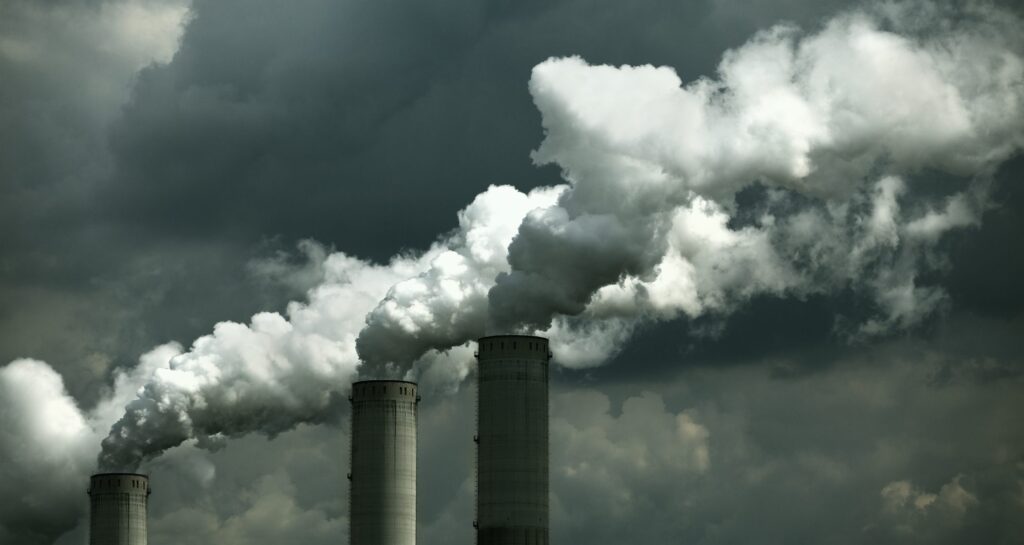Politics continues to threaten the health and welfare of Pennsylvanians.
The latest is how the Republican-dominated legislature and Gov. Tom Corbett separated one of the wealthiest and more high-tech/industrial areas of the state from the rural areas.
Less than a week before the 2011-2012 fiscal year budget was scheduled to expire, June 30, the majority party slipped an amendment into the 2012-2013 proposed budget, (SB1263), to ban natural gas drilling in a portion of southeastern Pennsylvania for up to six years. The South Newark Basin includes portions of Bucks, Montgomery, and Berks counties, and could provide at least 360 billion cubic feet of natural gas, according to estimates by the United States Geologic Survey.
Only an e-mail blast by anti-fracking activist Iris Marie Bloom and a short AP story the day before the budget was passed alerted Pennsylvanians to the amendment that gives special consideration to the suburban areas of Philadelphia.
High volume horizontal hydraulic fracturing, commonly known as fracking, is a process that injects under heavy pressure as much as 10 million gallons of water, sand, gases, and chemicals, many of them known carcinogens, into a rock formation as much as 10,000 feet below the earth’s surface to open channels and force out natural gas and fossil fuels. However, numerous studies have concluded that the process of fracking to extract natural gas poses significant problems to the health of citizens and their environment.
In his first budget address, Corbett declared he wanted to “make Pennsylvania the hub of this [drilling] boom. Just as the oil com¬pa¬nies decided to headquarter in one of a dozen states with oil, let’s make Penn¬syl¬va¬nia the Texas of the nat¬ural gas boom.”
The push by Corbett and the Republicans in the Legislature that led to the enactment of the highly-controversial Act 13 to open gas drilling was possibly not only because they favor corporate development but because it was also payback for extensive campaign contributions by the natural gas industry. Corbett had taken more than $1.6 million in contributions from persons and PACs associated with the natural gas industry, according to data compiled by Common Cause.
Rep. Brian L. Ellis (R-Butler County, Pa.), sponsor of the House bill, received $23,300. Sen. Joseph B. Scarnati (R- Warren, Pa.), the senate president pro-tempore who sponsored the companion Senate bill (SB 1100), received $293,334, according to Marcellus Money. Rep. Dave Reed (R-Indiana, Pa.), chair of the majority policy committee, received $105,732; Rep. Mike Turzai (R-McCandless, Pa.), majority floor leader, received $79,100. Of the 20 Pennsylvania legislators who received the most money from the industry in the past decade, 16 are Republicans, according to Common Cause.
The Republican legislators who enthusiastically supported Act 13 but then created an amendment to exempt a part of the state, claim the amendment was needed to give time to better study the effects of fracking. “We basically said we didn’t know [the South Newark Basin] was there before when we did Act 13,” said State Sen. Charles T. McIhnnerey (R- Doylestown), sponsor of the amendment. However, the presence of natural gas in southeastern Pennsylvania wasn’t exactly a secret; energy companies had been active for several years in the region. McIhnnerey told phillyburbs.com, “We need to slow this down until we can do a study on it–see what’s there, see where it is, see how deep it is, study the impact, get the local supervisor’s [sic] thoughts on it.”
“Where was our study?” demanded State Rep. Jesse White (D-Washington County), who actively opposes Act 13 and has been trying to get responsibility on the part of the Industry and the state Legislature regarding drilling in the Marcellus and Utica shales. “We were here four months ago [when Act 13 was passed] under the guise of, we had to have uniformity, we had to have consistency, we needed to be fair,” said Rep. White, “and now, four months later, we’re saying, `Maybe, for whatever reason, we’re going to give a few people a pass.'”
Karen Feridun, founder of Berks Gas Truth, and one of the state’s more active opponents of fracking, says, “Studies are not being conducted before drilling begins anywhere else in the state . . . nor are studies being conducted on the potential impacts of the pipeline operations already coming here [to Berks County].”
David Meiser, chair of the Bucks County Sierra Club, said the Legislature “should either exempt all counties from Act 13 and not just try to get special treatment from Sen. McIlhinney’s core area, or repeal the law entirely.”
Sen. McIhnnerey proudly noted the last-minute legislation “makes good on my promise that Act 13 was not intended to apply to Bucks County.”
By his own words, it is time for the Republican majority, so willing to expose rural Pennsylvania to the effects of fracking, to now honestly answer two significant questions.
The first question to the Republicans is, “Why do you support a state law that discriminates against the rural counties, while you support a special exemption that protects the health and welfare of the urban and suburban counties that have many of the state’s most powerful and wealthiest constituents, including the head of the Department of Environmental Protection and the lieutenant governor?”
The second question is, simply, “How much more money will it take to continue to buy your loyalty to corporations, the powerful, and the affluent?”
[Walter Brasch, recipient of the Pennsylvania Press Club’s lifetime achievement award, is a syndicated columnist, author of 17 books, former newspaper and magazine reporter and editor, and professor emeritus of mass communications. His current book is the critically-acclaimed novel Before the First Snow, which discusses health and welfare issues in energy exploration. His next book is about health, environment, and political corruption associated with the natural gas industry.]
